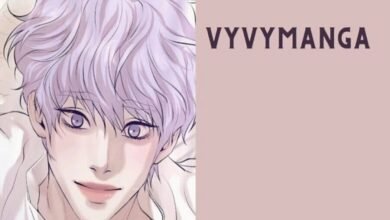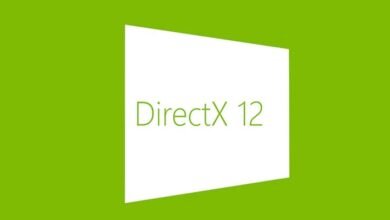Enigma: Exploring the Many Shades of Half Wicked

“Half wicked.” A phrase pregnant with intrigue, a whisper of darkness cloaked in the allure of possibility. It paints a picture of duality, a dance between virtue and vice, a soul teetering on the precipice of good and evil. But what does “half wicked” truly mean? Is it a label reserved for nefarious villains or can it reside within us all, a hidden spark waiting to be ignited?
Let’s embark on a journey through the fascinating landscape of “half wicked,” dissecting its interpretations, exploring its historical and cultural echoes, and ultimately confronting the question: Is there a “half wicked” residing within each of us?
Shades of Darkness: Tracing the Origins of Half Wicked
The phrase “half wicked” appears intermittently throughout history, often associated with characters straddling the line between hero and villain. In Shakespeare’s “Othello,” Iago, the manipulative antagonist, is described as “half the wooer, half the knave.” Lord Byron’s iconic Manfred declares, “I am not damned – but cursed – and I will be my own hell.” These literary giants showcase the allure of “half wickedness,” the captivating blend of light and shadow that makes these characters so compelling.
Beyond Fiction: Historical Echoes of Half Wicked
History abounds with figures who embodied the “half wicked” persona. Robin Hood, the quintessential outlaw with a Robin Hood’s heart, exemplifies the blurred lines between right and wrong. Queen Elizabeth I, known for her political brilliance and ruthless determination, navigated a path riddled with moral complexities. These individuals challenge our simplistic notions of good and evil, forcing us to grapple with the nuanced realities of human nature.
The Allure of Anti-Heroes: Modern Manifestations of Half Wicked
The 21st century has witnessed a surge in “half wicked” heroes across various media. Walter White in “Breaking Bad,” Daenerys Targaryen in “Game of Thrones,” and Tony Soprano in “The Sopranos” are just a few examples of characters who blur the lines between empathy and ruthlessness, captivating audiences with their moral ambiguity. This trend reflects a growing fascination with the complexities of human psychology and the recognition that heroism rarely wears a white cape.
The Duality Within: Is There a Half Wicked in You?
Perhaps the most intriguing aspect of “half wicked” lies not in fictional characters or historical figures, but in the potential it reveals within ourselves. We all harbor desires, impulses, and shadows that could be labeled “wicked” under certain circumstances. Acknowledging and navigating this inherent duality is a crucial aspect of self-awareness and moral growth.
Embracing the Paradox: Living with a Half Wicked Heart
So, how do we live with the knowledge that we may be, in some part, “half wicked”? Here are some key considerations:
Self-reflection: Honest introspection is key to understanding our own moral compass and the potential for darkness within us.
Moral courage: Recognizing our “half wicked” tendencies requires the courage to confront them and prevent them from dictating our actions.
Empathy and forgiveness: Understanding the complexities of human nature allows us to extend compassion to ourselves and others who struggle with their own inner demons.
Conclusion
“Half wicked” is not a static label, but a dynamic spectrum within us all. Recognizing this can liberate us from rigid moral binaries and lead to a deeper understanding of ourselves and the complexities of human nature. By embracing the gray areas, the shadows alongside the light, we can forge a path towards a more authentic and compassionate existence.
FAQ
1. Does being “half wicked” make me a bad person?
No. Recognizing and confronting the “half wicked” aspects of ourselves doesn’t automatically make us bad people. It’s the conscious choice to act on those impulses that defines our true character.
2. How can I avoid becoming consumed by my “half wicked” side?
Self-awareness, choosing empathy and compassion over cynicism, and seeking guidance from positive role models can help us navigate our inner darkness and prevent it from dominating our lives.
3. Is there any benefit to acknowledging our “half wicked” side?
Absolutely! Understanding our inherent duality can make us more relatable, open to empathy, and less prone to self-righteousness. It can also empower us to make conscious choices, ensuring our actions align with our true values.



